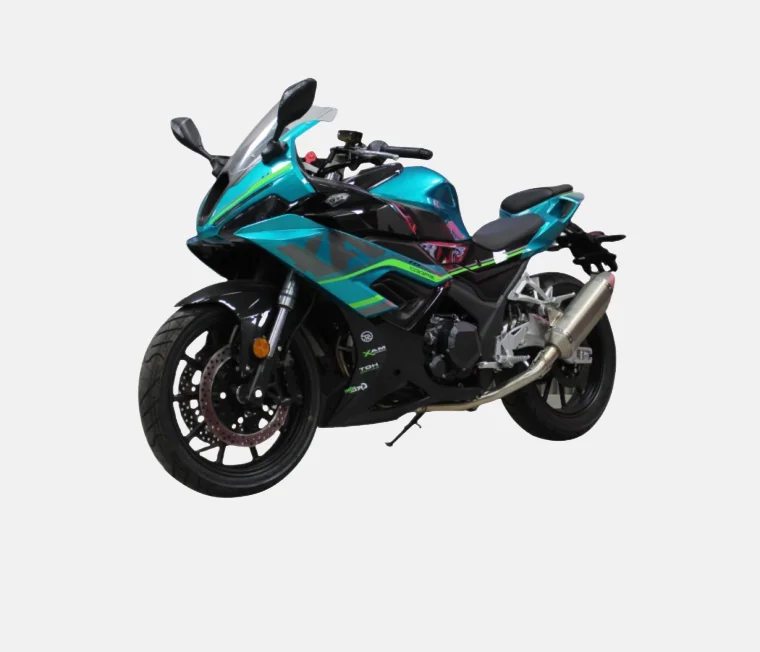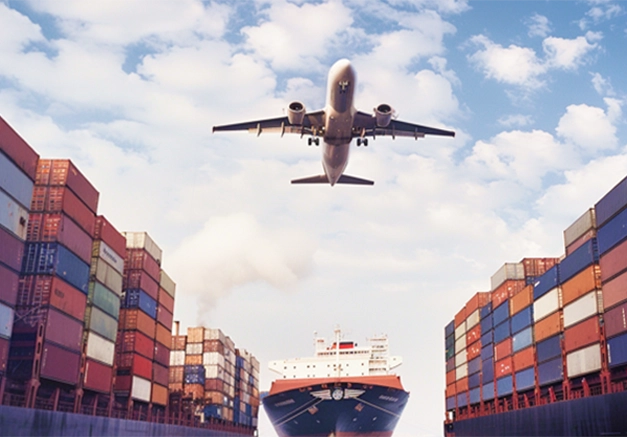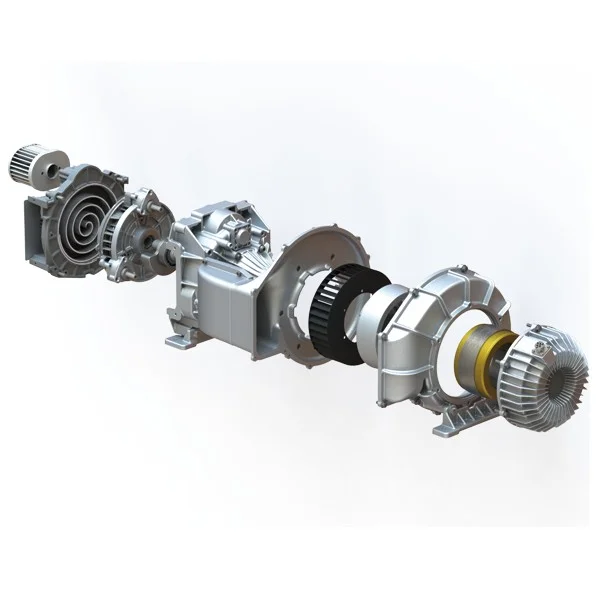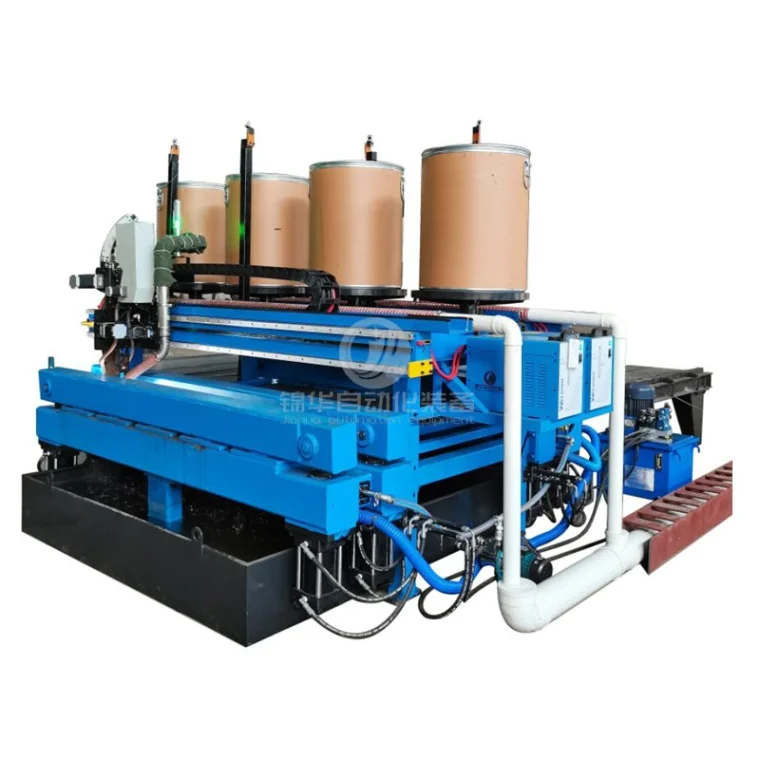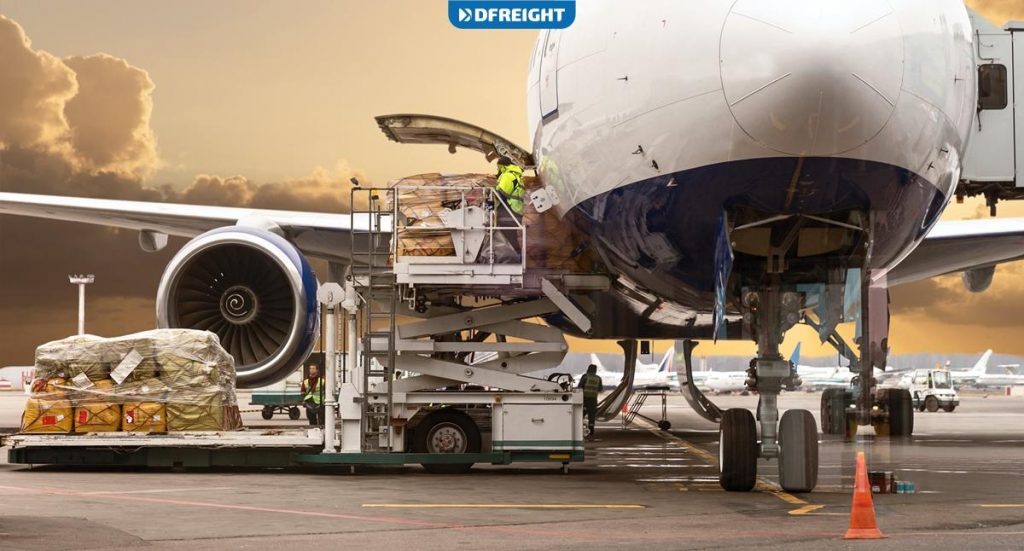
Transportation plays a pivotal role in our modern society, enabling the movement of people and goods across vast distances. However, like any other system, it is not without its drawbacks. In this blog post, we will delve into the three key disadvantages of using transport, shedding light on the challenges and implications they pose. By understanding these drawbacks, we can explore potential solutions and strive for a more sustainable and efficient transportation system.
- Environmental Impact:
Transportation, particularly the reliance on fossil fuels, has a significant negative impact on the environment. The burning of fossil fuels releases greenhouse gases, contributing to global warming and climate change. Additionally, the extraction and transportation of these fuels result in habitat destruction and pollution. The environmental consequences of transport extend beyond air pollution, affecting water quality, soil degradation, and biodiversity loss. As we strive for a greener future, it is crucial to address these environmental concerns and seek alternative, sustainable modes of transportation. - Congestion and Traffic:
One of the most visible and frustrating drawbacks of transport is traffic congestion. As urban areas continue to grow, the number of vehicles on the road increases, leading to gridlock and delays. Traffic congestion not only wastes valuable time but also has economic implications, with billions of dollars lost annually due to decreased productivity and increased fuel consumption. Moreover, congestion contributes to air pollution and poses safety risks. To mitigate this issue, urban planning, efficient public transportation systems, and the promotion of alternative modes of transport, such as cycling and walking, are essential. - Dependence on Finite Resources:
Transportation heavily relies on finite resources, primarily fossil fuels. As these resources become scarcer, their prices rise, leading to economic instability and geopolitical tensions. Moreover, the extraction and transportation of these resources often involve environmentally destructive practices. The dependence on finite resources also makes transportation vulnerable to supply disruptions, such as oil price shocks or political conflicts. To address this drawback, diversification of energy sources, investment in renewable energy, and the development of sustainable transportation technologies are crucial steps towards a more resilient and resource-efficient transport system.
Conclusion:
While transportation undoubtedly brings numerous benefits, it is essential to acknowledge and address its drawbacks. The environmental impact, congestion and traffic, and dependence on finite resources are three significant challenges that require innovative solutions and collective efforts. By investing in sustainable transportation infrastructure, promoting alternative modes of transport, and embracing technological advancements, we can mitigate these disadvantages and pave the way for a more efficient, environmentally friendly, and resilient transportation system.
